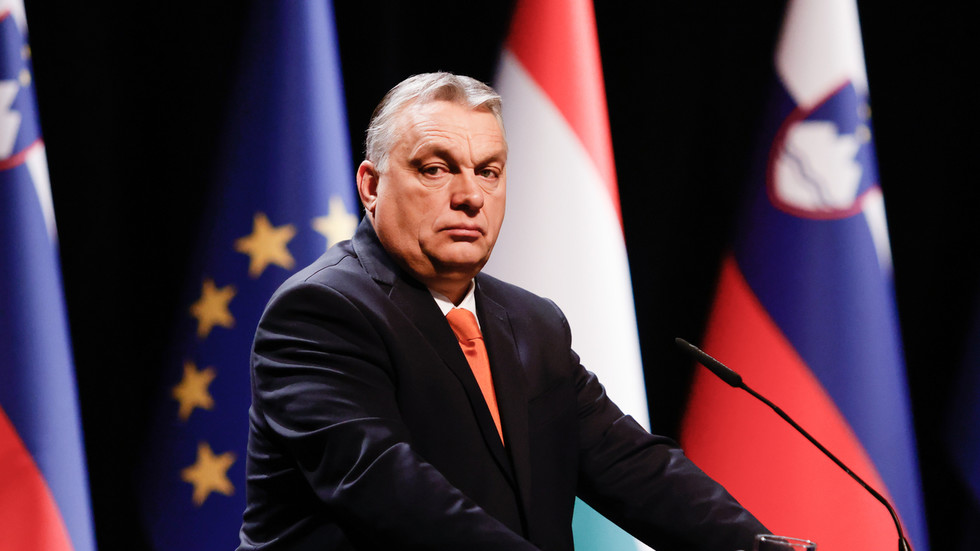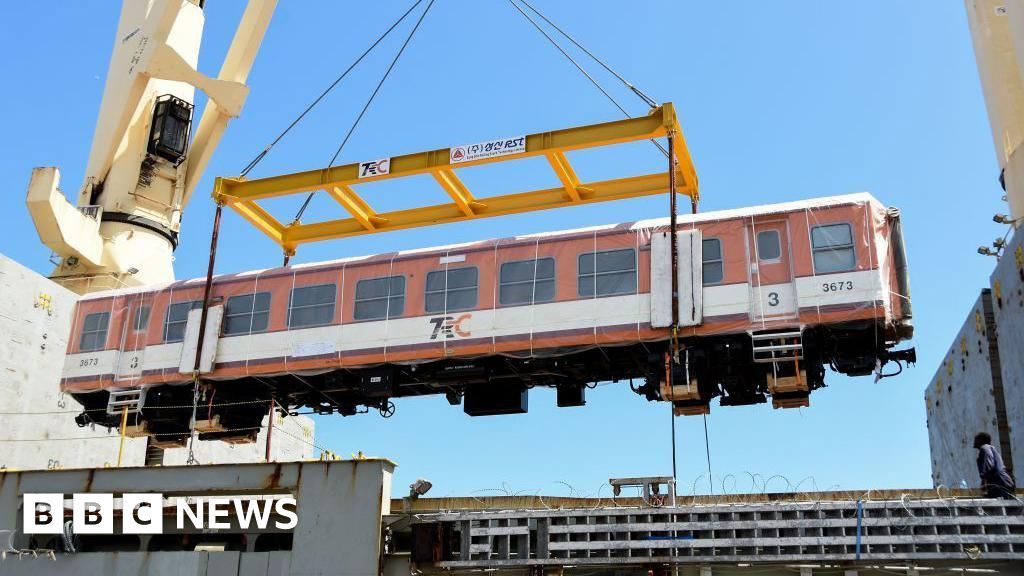Canada is bracing itself for a second Trump presidency, with an incoming administration that doesn't pull its punches when expressing opinions about Prime Minister Justin Trudeau's politics.
SCOTT DETROW, HOST:
Many countries are preparing - some could say bracing - for another Trump administration, and one of those is the U.S.'s neighbor to the north, Canada. Prime Minister Justin Trudeau had a rocky relationship with President Trump during his first term in the White House, and there is no clear sign it'll be any easier this time around. NPR international affairs correspondent Jackie Northam reports.
JACKIE NORTHAM, BYLINE: You would think that two countries that share natural resources, trillion-dollar trade relations and the world's largest undefended border would enjoy amicable relations. But Prime Minister Justin Trudeau didn't sound so sure when he spoke to reporters the day after President Trump was reelected.
(SOUNDBITE OF ARCHIVED RECORDING)
PRIME MINISTER JUSTIN TRUDEAU: We're ready to tackle some of the new challenges that, no doubt, the new American administration will put on the table.
NORTHAM: Like other countries, Canada was blindsided by Trump's particular style of governing during his first term in office. The president tore up the multibillion dollar NAFTA trade agreement only to piece it together again under another name, the USMCA. He leveled sanctions on Canadian aluminum and steel. Trump called Trudeau weak and dishonest and also had sharp words for him after Trudeau appeared to mock Trump during a 2019 NATO meeting.
(SOUNDBITE OF ARCHIVED RECORDING)
DONALD TRUMP: Well, he's two-faced.
NORTHAM: Trump said Trudeau was reacting to his demand to increase Canada's defense spending for NATO.
(SOUNDBITE OF ARCHIVED RECORDING)
TRUMP: I find him to be a very nice guy, but, you know, the truth is that I called him out on the fact that he's not paying 2%, and I guess he's not very happy about it.
NORTHAM: Incoming National Security Advisor Michael Waltz, the next Secretary of State, Marco Rubio, and Mike Huckabee, the next U.S. ambassador to Israel, among others, have also criticized Trudeau.
FEN HAMPSON: He is a progressive, very much left-of-center leader.
NORTHAM: Fen Hampson, a professor of International Affairs at Carleton University in Ottawa, says the criticism is part personality but largely ideology because Trudeau represents everything the incoming administration isn't.
HAMPSON: He has talked about Canada as a postnationalist state. He has been a strong supporter of identity politics. You know, that doesn't sit well with right-of-center Americans.
NORTHAM: Canada and the U.S. are each other's largest trade partners, with nearly $3 billion of goods and services crossing the border each day. Yet Trump has threatened a 10% global tariff on most U.S. imports. Those would have a powerful impact on Canada's economy, says Brian Crowley, the managing director of the Macdonald-Laurier Institute, a think tank in Ottawa.
BRIAN CROWLEY: Because we're so integrated with the American economy, it's not very easy for us to shift our manufacturing and other production to other markets. So yes, this is something that we lie awake at night thinking about.
NORTHAM: Immigration will also be an issue. In 2017, when Trump announced deportations, tens of thousands of asylum seekers in the U.S. flooded across the border into Canada. Richard Kurland, an immigration lawyer in Vancouver, British Columbia, says the numbers are likely to be much greater this time around.
RICHARD KURLAND: President Trump has stated that he's going to prioritize criminals and terrorists for removal. Well, guess what group is now motivated to go to Canada? -terrorists and criminals. Yeah. Thanks a lot.
NORTHAM: Kurland says Canada will be hard pressed to patrol the flow of migrants.
KURLAND: It's going to be Whac-A-Mole across one of the planet's longest undefended borders. There's no way Canada can guard all that territory all the time.
NORTHAM: But in a twist, Trump could help Trudeau, says Brian Crowley. He says Trump was not popular with many Canadians in his first term. Crowley says Trudeau, whose poll numbers are in the low-20s, could use their anxiety to his advantage against the opposition Conservative Party in the upcoming federal elections.
CROWLEY: He wants to plant in the minds of Canadians the idea that the Conservative Party here is simply the Trump party in Canada. And indeed, they've coined this term Maple MAGA.
NORTHAM: Trudeau's government has now revived a cabinet-level committee focusing on U.S.-Canada relations. Jackie Northam, NPR News.
Copyright © 2024 NPR. All rights reserved. Visit our website terms of use and permissions pages at www.npr.org for further information.
NPR transcripts are created on a rush deadline by an NPR contractor. This text may not be in its final form and may be updated or revised in the future. Accuracy and availability may vary. The authoritative record of NPR’s programming is the audio record.

 4 days ago
3
4 days ago
3










 English (US) ·
English (US) ·